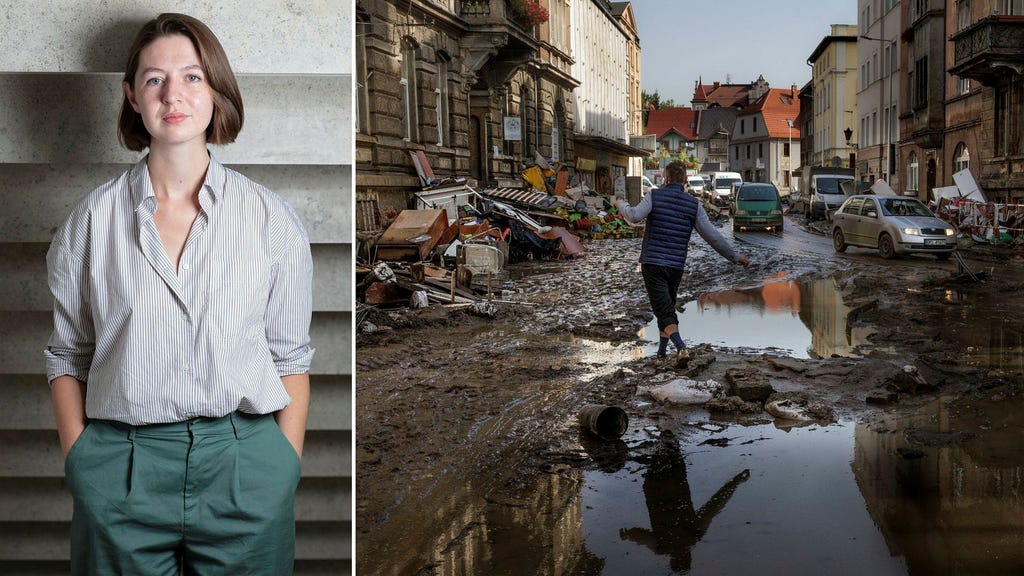The impending climate catastrophe, driven by the unrelenting burning of fossil fuels, is no longer a matter of debate but a stark reality unfolding before our eyes. Deadly weather events are increasing in frequency and severity, impacting communities globally and offering undeniable proof of a rapidly warming planet. While political leaders acknowledge the crisis, concrete action lags far behind the urgency of the situation, raising the question of what powerful force is driving humanity towards self-destruction. Some argue that human greed is the culprit, yet the exponential rise in carbon emissions coincides not with the entirety of human existence, but specifically with the rise of industrial capitalism.
Capitalism, by its very nature, demands perpetual growth. Unlike pre-industrial economies where output remained relatively stable, the capitalist system necessitates an endless cycle of resource extraction, production, and consumption. This relentless pursuit of growth, fueled by fossil fuels, is not driven by individual malice but by the fundamental logic of capital accumulation. Investors seek returns, and those returns require ever-expanding markets and resource exploitation. This inherent drive for growth is the engine of the capitalist system, and it cannot simply be ”slowed down” without fundamentally altering the system itself. Therefore, addressing the climate crisis requires confronting the very core of the capitalist economic model.
While consumerism undoubtedly contributes to the problem, the insatiable demand for growth originates not with individual consumers but with the imperative of capital accumulation. The stark contrast between human needs and the demands of capital is evident in examples like data centers consuming vast amounts of electricity while families struggle to afford their energy bills. The current political system, fragmented into a hierarchy of unequal nations, further exacerbates the issue. A handful of voters in wealthy nations wield disproportionate influence over global climate policy, while billions in less affluent countries bear the brunt of the environmental consequences. This system of ”environmental destruction without representation” mirrors historical injustices and highlights the inadequacy of national democracies to address a global crisis.
Although we identify as citizens of individual nations, the climate crisis transcends national borders. Carbon emissions recognize no boundaries, and the consequences of environmental degradation impact all inhabitants of Earth. The poorest communities, often those exploited to fuel the wealth of richer nations, are already experiencing the most severe impacts of climate change. However, the escalating crisis will ultimately affect everyone, as evidenced by the increasing frequency of catastrophic weather events across the globe. While individual actions like reducing consumption and supporting environmentally conscious political parties are vital, they are insufficient to dismantle the entrenched fossil fuel establishment. Addressing this global emergency necessitates thinking beyond the confines of our current political systems and challenging the very foundations of our economic model.
Direct action, including protests, boycotts, and even sabotage, may be necessary to disrupt the profit-driven logic of multinational corporations responsible for environmental destruction. The example of Shell to Sea activists in Ireland demonstrates the potential impact of organized resistance, even if it ultimately fails to prevent the completion of harmful projects. By delaying projects and increasing costs, activists can decrease the profitability of environmentally destructive ventures, making them less attractive to investors. The fundamental question becomes: what right do corporations have to pollute our environment and deplete our resources, and what right do we have to stop them? The prevailing notion of private property rights allows the wealthy to profit from environmental destruction while criminalizing the actions of those who seek to protect it.
The urgent need for systemic change necessitates questioning the sanctity of private property when it comes to the survival of the planet. As Andreas Malm argues, property rights should not supersede the well-being of the Earth and its inhabitants. We face a choice: confront the system that threatens our civilization or allow ”property to cost us the earth.” With each passing year, the evidence of climate change becomes more irrefutable, and the consequences more dire. Future generations may look back in disbelief at our inaction and cowardice in the face of a known existential threat. An even more tragic scenario is that future generations may not exist at all to judge our actions. The time for decisive action is now; the question is, when will we find the courage to stop the destruction?














